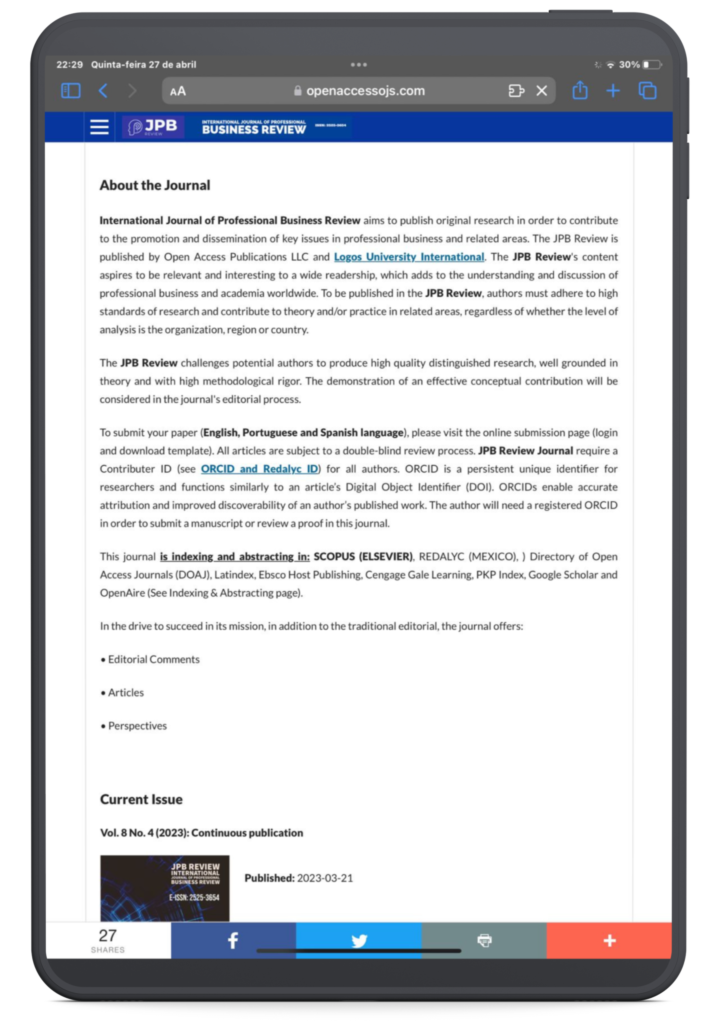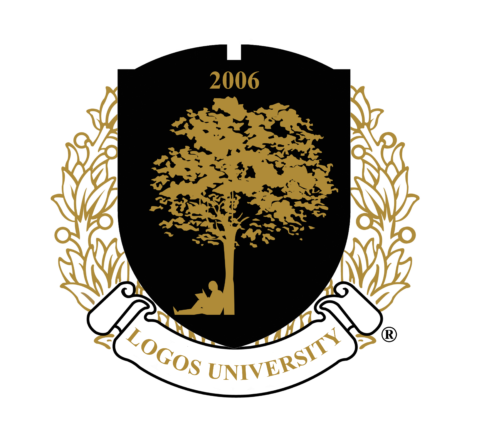Research and Development
Research and Development
Learning and Active Teaching Method
The entire Unilogos education system is based on Active Education. Instead of simply presenting problems for new solution proposals, in cases involving subjects, as in PBL, we will base our teaching system on the tripod of globalized active education:
Study, Reflection and Production
“The main objective of education is to create people capable of doing new things and not simply repeating what other generations have done.” — Jean Piaget
Based on Piaget, we can understand the need to form, from now on, a mind focused on research, beyond the passive system of study.
The entire study process has 3 bases – Active Methodology
Students must organize their minds in a learning flow that takes them out of the “passive” teaching process, taking on the role of building their intellectual capital:
Study
The study is considered the act, process of studying; implementation of the intelligence to understand something that is unknown or that if you have little knowledge.
In this methodology the student should read the material indicated without the influence of the thought of a teacher or tutor, so that can successfully go to the 2nd methodological pillar.
It is recommended that the student seek to develop his/her self-taught capacity reading diverse opinions on the topic study.
To do this, you must use any type of research that is at your reach.
Reflection
Reflection is considered the action or effect of reflecting, of deviating of the original direction. Meditation, thought or detailed analysis about a subject, about yourself or about some problem or feeling.
Reflection is a fundamental attribute and pillar of this process of knowledge acquisition.
Only with reflection we left the sphere of readers for the sphere of scholars.
For each proposed theme, after the proper study, it is necessary to reflect on opinions and thereby form their own form of understand and expose such an understanding.
Production
Production can be considered the way science is known; is the basis for the development and overcoming of intellectual barriers, the victory of a individual by under the dependence of a thought considered to be formed.
As well as its contribution to the science of countries and regions; is the vehicle for the improving the quality of life of its inhabitants.
Production is not only what is transferred to paper, but also what is one builds on itself, as part of the environment in which one lives and of one wants to be.
This pillar is formed by the sum of the two previous pillars.
In The Curatorship of Knowledge you study, but also produces and in a short time becomes noticed by the scientific community. Its production, its Scientific Articles are published together with experienced researchers and known, in this way you enjoy a whole Professional know-how. No activities in university archives, in our methodology the community and society will know you from near. Your career is important!
Consolidated production - Quality surveys
Article Title: Advertising and Marketing in companies, school libraries and institutional libraries: the underestimation and underutilization of marketing, digital marketing and neuromarketing in libraries
Journal: GeSec – Management and Secretariat Magazine | Brazil | e-ISSN: 2178-9010
Index: Web of Science™ Core Collection, REDIB – Red Iberoamericana de Innovación y Conocimiento Científico, Diadorim – Directório de Políticas Editorials das Revistas Científicas Brasileiras, DOAJ Directory of Open Access Journals, EBSCO Host Publishing, e-Revit@s, SPELL (ANPAD ), Proquest central, Ulrich’s Periodicals Directory, NewJour – Electronic Journals and Newsletter, Academic Journals Database, WZB – Berlin Social Science Center, ZDB: Zeitschriftendatenbank, Genamics Journal Seek, Electronic Journals Library, OCLC WorldCat, Latindex, ResearchBib, Bielefeld Academic Search Engine , EuroPub, Google Scholar.
In addition to all the aforementioned Indexes, the Journal is also evaluated by the Federal Government of Brazil, through the Qualis Capes Quality system, obtaining an A4 grade, among the highest indices of relevance, quality and impact.
Publications and main quality assessment Scopus Index
International Journal of Professional Business Review aims to publish original research in order to contribute to the promotion and dissemination of key issues in professional business and related areas. The JPB Review is published by Open Access Publications LLC and Logos University International. The JPB Review‘s content aspires to be relevant and interesting to a wide readership, which adds to the understanding and discussion of professional business and academia worldwide. To be published in the JPB Review, authors must adhere to high standards of research and contribute to theory and/or practice in related areas, regardless of whether the level of analysis is the organization, region or country.
The JPB Review challenges potential authors to produce high quality distinguished research, well grounded in theory and with high methodological rigor. The demonstration of an effective conceptual contribution will be considered in the journal’s editorial process.
To submit your paper (English, Portuguese and Spanish language), please visit the online submission page (login and download template). All articles are subject to a double-blind review process. JPB Review Journal require a Contributer ID (see ORCID and Redalyc ID) for all authors. ORCID is a persistent unique identifier for researchers and functions similarly to an article’s Digital Object Identifier (DOI). ORCIDs enable accurate attribution and improved discoverability of an author’s published work. The author will need a registered ORCID in order to submit a manuscript or review a proof in this journal.
This journal is indexing and abstracting in: SCOPUS (ELSEVIER), REDALYC (MEXICO), ) Directory of Open Access Journals (DOAJ), Latindex, Ebsco Host Publishing, Cengage Gale Learning, PKP Index, Google Scholar and OpenAire (See Indexing & Abstracting page).


There are three major databases in the world: The Web of Science (WoS), from the company Clarivate Analytics, Scopus (Elsevier), and Dimensions, from Digital Science, collect, store and make available information from thousands of journals, millions of publications and researchers and billions of citations.
Logos University International, UniLogos has publications by its researchers and students in over 105 leading scientific journals. The most relevant publications are present in journals with WoS, Scopus and Dimensions. In addition to these important indexes, we have articles published in newspapers rated with the highest index by the Brazilian Ministry of Education.
Our methodology has the mission of preparing researchers and professionals to confront reality, the real world.


